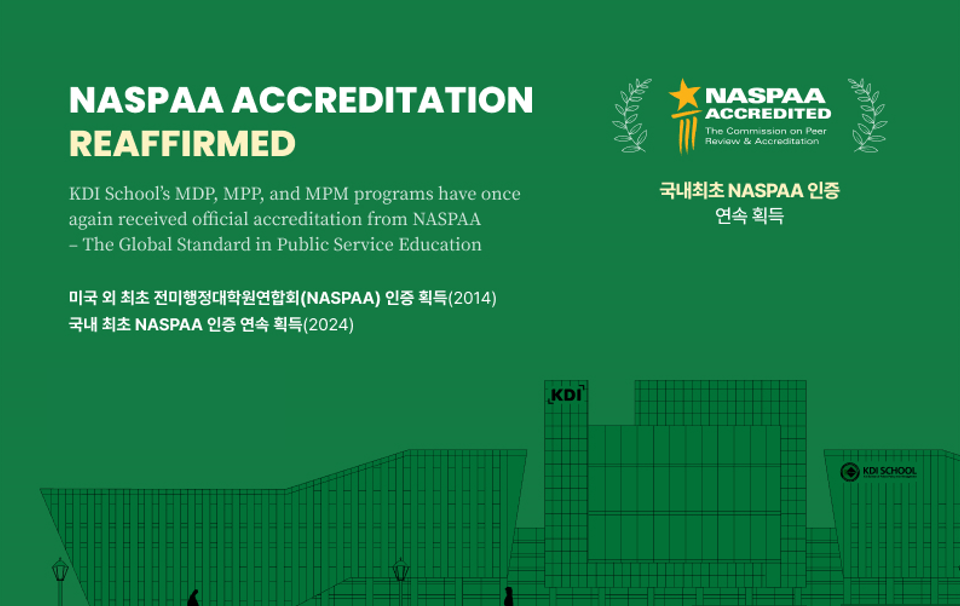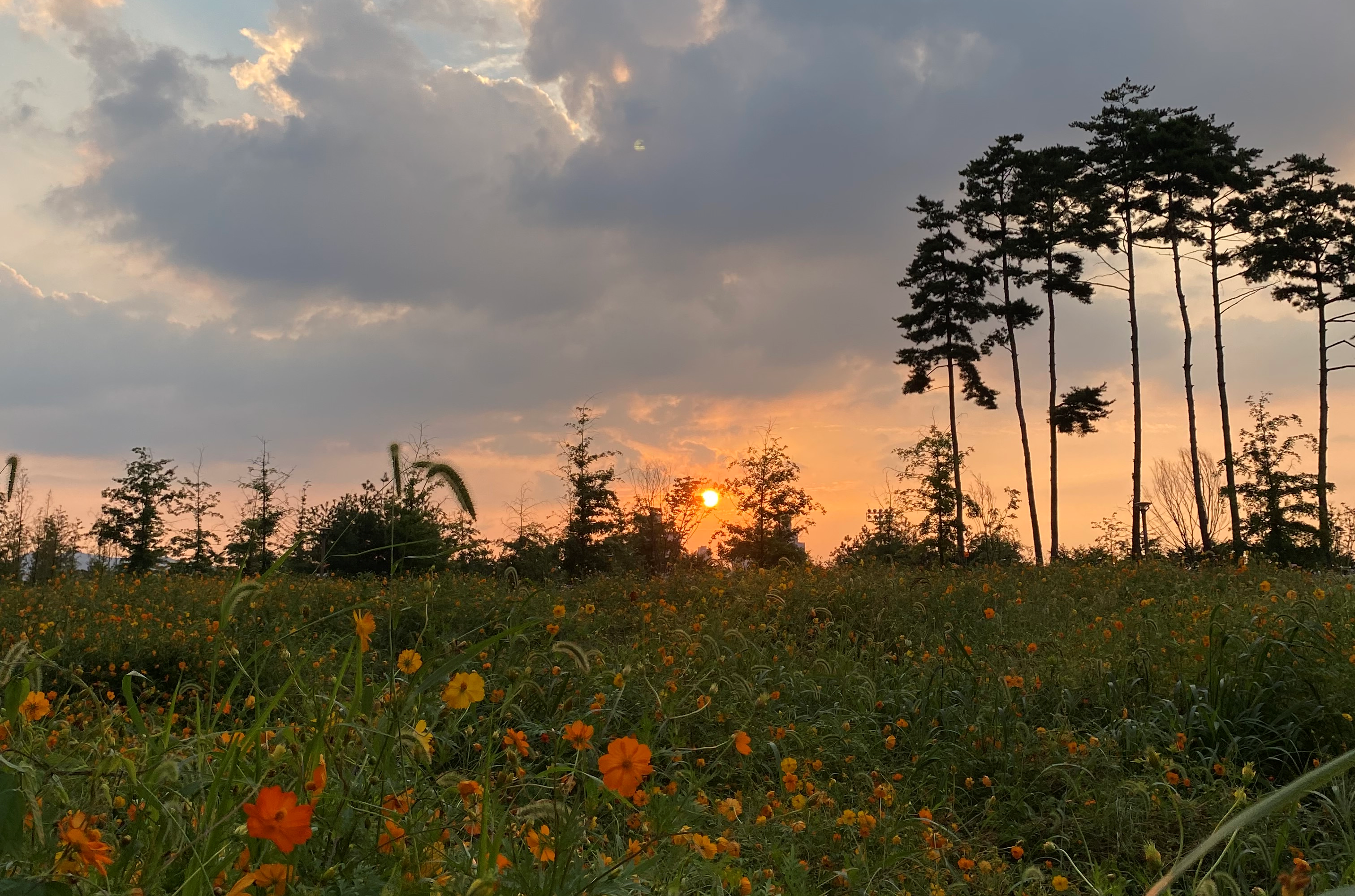
Inaugural Address of The Ninth Dean Jong-Il You
- Date 2021-09-17 00:27
- CategoryNews
- Hit1543
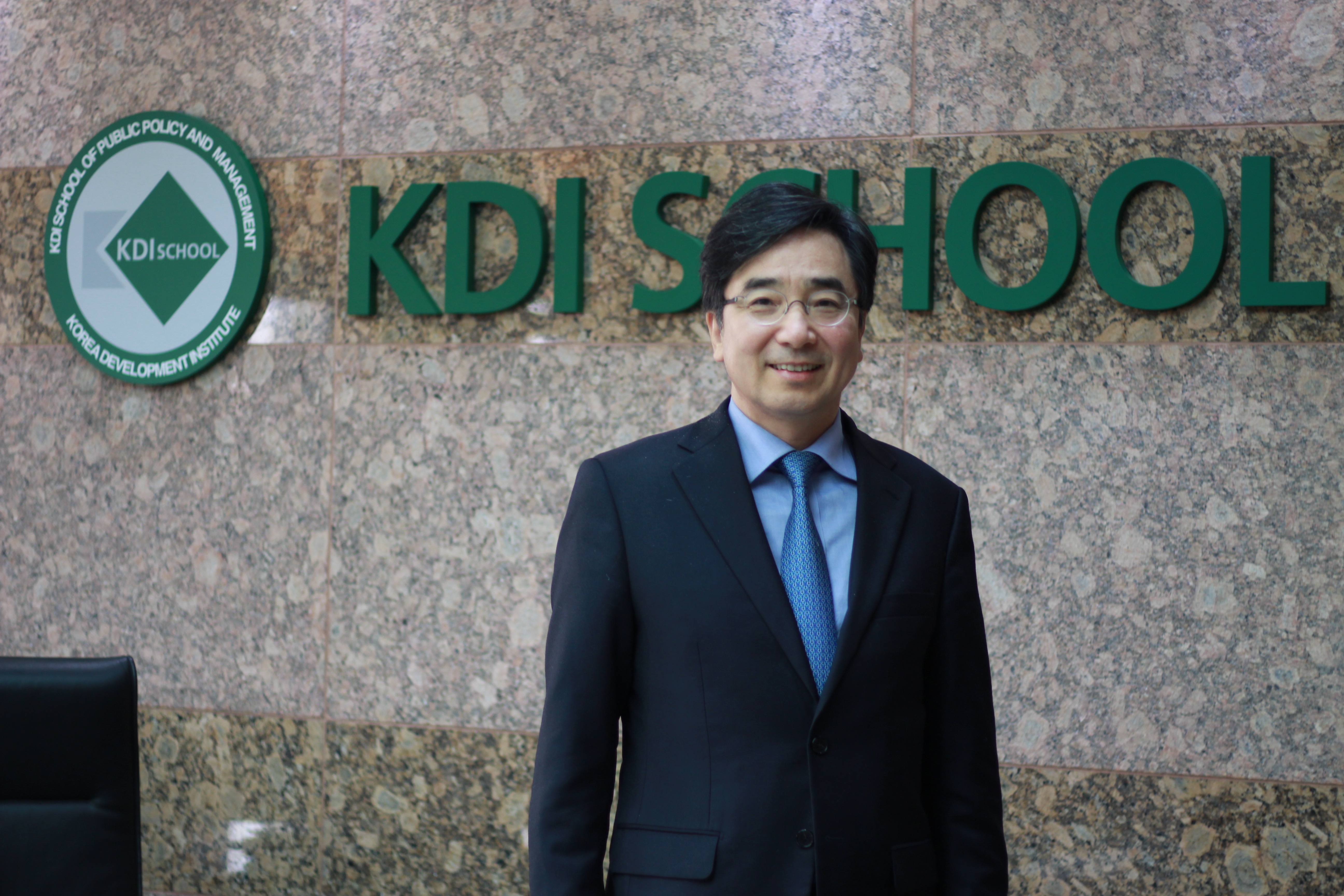
Esteemed faculty, staff, alumni, and students:
For the past three years, I have worked hard as dean of the KDI School of Public Policy and Management. However, I now find myself unable to “graduate,” so to speak, faced with having to “retake my exams”. Most people in the KDIS community and other stakeholders, I think, feel that while I may not have achieved enough, we have made progress in the right direction. I now plan to reflect on the past three years and work to do even better over the next three.
Recently, decisions to open a branch campus in the Sejong Joint Campus and construct a global study center in the main campus have been finalized. Together, we will work to provide the best facilities for the best education.
It has been a year since the Sejong State Management Program was established to meet educational demand in the city of Sejong, an administrative hub. Together, we will develop it into a pivotal program that offers excellent public leadership education to achieve innovation in Korea and happier lives for the Korean people.
As we continue our unending pursuit of innovation in our educational programs and learning methods, we have come to establish a new major in public policy data science among other things. I hope to see it flourish and lead education and research in this era of the Fourth Industrial Revolution.
Even as the COVID-19 pandemic continues to raise barriers, we have strengthened our international network of alumni and expanded the School’s role in development cooperation and public diplomacy. We stand poised to cement our status as an international policy graduate school that is a source of pride for Korea.
We have pursued ongoing innovative practices to establish a workplace culture in which mutual respect, thoughtfulness, autonomy, and responsibility among all faculty and staff members are valued as much as efficiency and results. We will continue to work hard to maintain a pleasant working environment through a management approach that emphasizes a healthy work-life balance, family-friendliness, and respect for human rights, ethics, and the environment. I look forward to watching members of the KDI School community do their part to make this the greatest of workplaces in the years ahead.
Today, we find ourselves at a moment of profound change.
For the past year and a half, we have eagerly awaited the end of the pandemic; today, people have begun talking about a future of “living with the virus.” We cannot predict what frightening new forms the virus might take, and even if the pandemic does come to an end, it appears certain that the growing threat of contagious zoonotic diseases will only intensify as ecosystems continue to be destroyed.
Simply put, the Earth is experiencing severe threats. Human beings and other forms of life are finding themselves endangered by all manner of unprecedented and extreme weather phenomena. The rapidly advancing climate crisis is a message warning us that there is not much time left to take action.
Meanwhile, our industries and day-to-day experiences have been radically altered as the social distancing imposed upon us by the pandemic accelerates our digital transformation. Deepening inequality and polarization have threatened democracy and sent globalization into retreat all over the world.
This is not a one-off disaster. It is both a historic crisis for human civilization and an opportunity for great transformation. There is no longer a path back to a familiar, comforting past. We must move forward toward an unknown world, one where anxiety coexists with hope. We must overcome our personal prejudices and preconceptions to boldly blaze a new trail based on objective data, far-reaching perspectives, open thinking, and creative ideas.
In 2019, I proposed a “Transformative New Deal.” I argued that the only way to assure Korea new growth engines and sustainable development was through a great transformation based on a “Human New Deal,” a “Digital New Deal,” and a “Green New Deal.” Individuals and governments alike are reluctant to accept change when crises are not immediately visible. It was only after we found ourselves plunged into the unprecedented crisis of the COVID-19 pandemic that the Transformative New Deal truly started to prove its worth. Last year, the Korean government launched a “Korean New Deal” aimed at overcoming crisis, and the Digital, Green, and Human New Deals have established themselves as its three key pillars as it continues to evolve.
Some aspects have as yet fallen short in terms of specifics and the ways in which policies have been pursued. Nevertheless, I still believe that this is the direction in which we must proceed. I see it not as the policy of a particular administration or government, but as a national duty and a historic mission. And I hope to see our School leading the way in practicing this approach.
For the sake of the KDI School’s own Digital New Deal, we made the decision to establish a Learning Innovation Center that will lead digital transformation and other innovations in KDI School education. In both education and administration, I hope to see it progress beyond the computerization of work into the realm of data-based decision making and evaluation
I also would like to see us lead efforts to achieve a Green New Deal and carbon neutrality. In particular, I look forward to a major upgrade in our first environment administration program, which includes a new campaign called PURE—an acronym for “precycling, upcycling, recycling, and education for Earth”—that encompasses everything from waste reduction to finding new renewable energy sources.
Most important of all is the Human New Deal component, for humanity is where all things begin and end. We will redouble our efforts to ensure the physical and mental health of our faculty, staff, and students while advancing their capabilities. Through our “Human Rights Administration 2.0” plan and its focus on improvements in everyday communication, we will work to create a happier, more pleasant working and learning environment.
I wish to say one more thing in closing.
In this era of great transition, it is not radical to suggest that the area most in need of fundamental and sweeping reform in Korea is education.
Transformation is always unsettling, uncomfortable, and even painful at times. If we are to overcome the transitional difficulties and crisis we currently face to achieve a historic transformation, education will have to change. We must waste no time in reestablishing an educational system with the power to drive national transformation and build our abilities to succeed in a new era.
The rapid pace of Korea’s transition and advancement is incomparable to that of other countries. Yet in some areas, change and reform cannot move forward, even when the majority recognize and agree that they are necessary. Education may be the best example of this. Our education system is rife with issues—a fixation on ranking and competition, a focus on rote learning that is all about identifying “correct” answers, and outdated educational programs—yet it never seems to change. It is difficult to achieve change when a system is beholden to the interests and short-sighted mindsets of education administrators, teachers, and parents.
Some might argue that the KDI School is but one small educational institution at the “tip” of the Korean educational ecosystem, and that it would be difficult for us to achieve much in terms of changing education in Korea. However, I disagree. I see us positioned not at the tip, but on the cutting edge.
While small in scale, we enjoy quite special advantages. Our School is a community that brings together people with lofty ideals and capabilities. This confers a special strength in our ability to undertake the kinds of bold reform that are beyond the abilities of most large organizations, including many universities. Moreover, our influence has the potential to amplify thanks to our student body that includes government employees and other influential figures, and our special relationships with the government and national research institutions.
The global character of our School is also quite crucial. The crisis we face today is composed of fundamentally global issues, and our mission to achieve a great transformation cannot succeed without international perspectives and cooperation. Our global mindset and network are unquestionably the best in Korea, and as time passes, they will truly show their value.
The KDI School is a public institution funded by the taxpaying Korean public. I hope to see us bask in the fulfillment and pride of creating and delivering value for our country and its people—a value that is dozens of times greater than the tax money we receive.
I will continue to do my utmost to achieve these goals. In closing, I would like to ask all of you to join me in doing so.
Thank you.
Related News
-
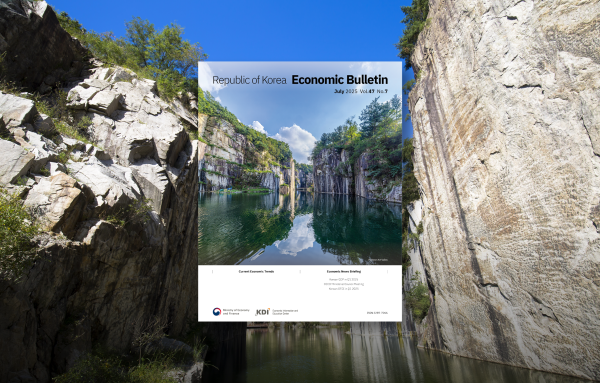
Research and Education16 days ago
Republic of Korea Economic Bulletin, July 2025#KDI #Economic #KDISCHOOL #kdischool #Economic Bulletin #Research
-
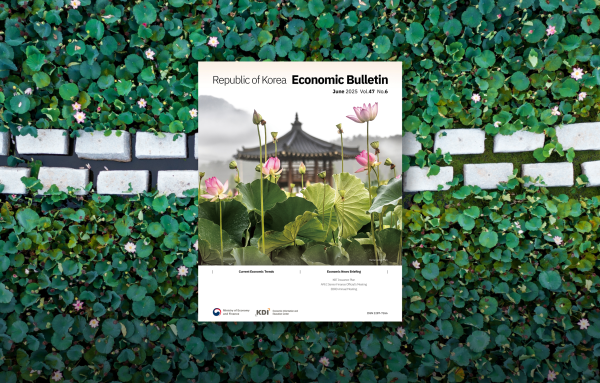
Research and Education44 days ago
Republic of Korea Economic Bulletin, June 2025#KDI #Economic #KDISCHOOL #kdischool #Economic Bulletin #Research
-
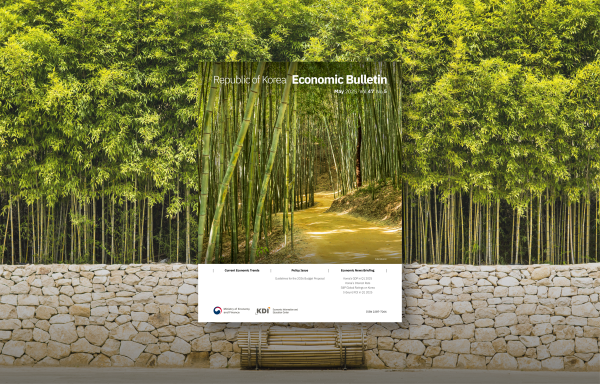
Research and Education78 days ago
Republic of Korea Economic Bulletin, May 2025#KDI #Economic #KDISCHOOL #kdischool #Economic Bulletin #Research

